Why do we need to Detox anyway...

Recently, I had the opportunity of spending some with my two granddaughters. The older one just recently turned two years old, and seeing her vocabulary expand almost daily was just a miracle to watch. The younger of the two is six months old, and she is starting to roll around and make noises while figuring out her voice. It is hard to believe that in 18 months, the younger one will be at the stage as the older one.
While spending time in a swimming pool and endlessly going down the water slide, the two-year-old was surrounded by her water wings, a pool noodle, and some play toys, and it was at this point, she said, “too much stuff.” I found it interesting that at that age, they realize that an overabundance of things surrounds them and that having “too much stuff” can be a burden. In this case, it was affecting her ability to swim.
Some time back, I met with a couple about how to better their health, and the number 50 came up in our conversation. Both were in their late 60s, and it had been 50 years since they graduated from high school. One of the questions I like to ask patients is, “do you think it would be a big deal if you gained 1 pound per year?” in the case of these two, they had each gained about 1 pound per year since high school graduation and were now 50 pounds over their high school weight. We were shocked when the numbers worked out so close to the question.
The accumulation of stuff, possessions, or the weight on our frame, isn’t always harmful. The accumulation of weight in the form of muscle can be a positive benefit to our overall health. Often the stuff we accumulate can bring back memories of the good times we had with family and friends, and this makes it hard to part with these things and the thought that the things we value and that tell a story might not be the same for the next person can be disappointing.
Another type of accumulation can be in the form of toxins. Our bodies are amazing detoxifiers, with our livers working 24/7/365 to eliminate toxins that can harm our bodies. Our liver needs help with water intake and daily bowel movements as these are two ways for our bodies to get rid of the toxins that our liver is addressing. Drinking clean filtered water and eating fresh fruits and vegetables loaded with fiber will help this process.
If we aren’t feeding our bodies the items it needs to help detoxify day in and day out, we can accumulate toxins. This form of accumulation is never good. Toxins not excreted in our urine, sweat, and feces accumulate in fatty tissue. Homeostasis or balance is what our bodies try to achieve every day. As our fatty tissue starts to harbor toxins, to achieve this balance, our bodies add more volume to these cells to make them less concentrated. This addition can lead to weight gain over time and goes with the saying, “The solution to pollution is dilution.”
We must free ourselves from these toxins, which can be done by doing a detox protocol. We have a great quiz that patients can take to assess their need for a detox, it doesn’t cost a thing, and you can retest to see if you have improved. Depending on your score, it will direct you to a specified detox protocol, or if you are experiencing excellent health, a detox may not be recommended.
The detox I am speaking about is a two-phase detox. Phase one includes mobilizing toxins from your fat cells. In this process, you become more toxic until phase II occurs when your liver makes these fat-soluble toxins water-soluble. At this point, your body can eliminate them via urine, sweat, and feces. Drinking water, eating good food, and having daily bowel movements all aid in the detox process.
Phase one makes you more toxic by bringing toxins out of fatty tissue, and you may experience a “herxhiemers” reaction. A herxheimers reaction can cause flu-like symptoms such as fatigue, headache, and overall achiness. These are common, and the more toxic you are, the more these symptoms can burden you. Slowing down the detox or taking a day or two off will help your body catch up in the detox.
I have talked to several people who won’t detox because they had a bad experience when previously doing one. The first question I ask is, “do you suffer from constipation?” They usually will answer yes. When dealing with a person who suffers from constipation, it is critical to fix this before detoxing. One part of the elimination process is via feces. If you are constipated, the toxins sit in your gut and get reabsorbed into your system, so your body must deal with them again. Always fix constipation before trying a detox.
Detoxing is not cleansing. Cleansing refers to purging your gut and cleaning up that specific system. Detoxing is the removal of toxins and requires particular products to ramp up our systems to handle the mobilization of toxins. The products include ingredients to increase and support the metabolic pathways in our livers and also contain a great deal of fiber to bind toxins in your gut for removal. Detox protocols can target specific areas of need, and having help in this process can be very beneficial.
It is incredible what we can learn from the simplicity of a child. If you are like my granddaughter and think you have “too much stuff” in your body and need a good cleaning, doing a detox protocol is a great way to get your house straightened out and rid it of some things that you don’t need hanging around.
If you need help with detoxing, whether filling out a quiz, choosing a detox protocol, or fixing constipation, please stop in or call the pharmacy at 701-483-4858. Please visit my website at www.irsfeldpharmacy.com to find this and other archived articles in the blog section.
Until next time, be vigilant about your health!!

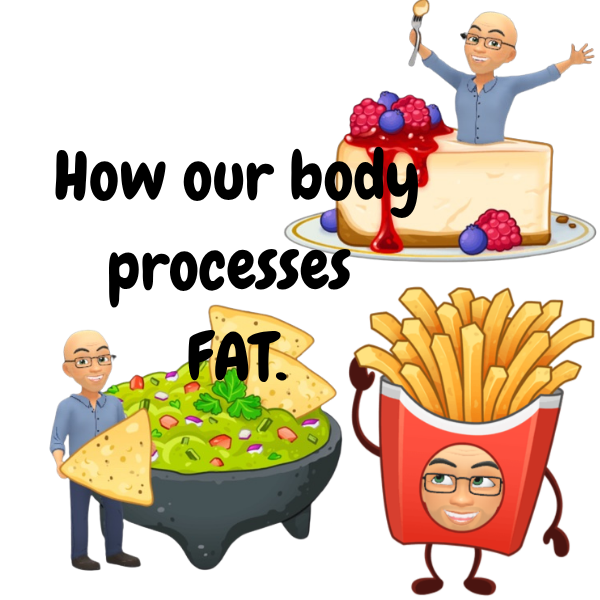
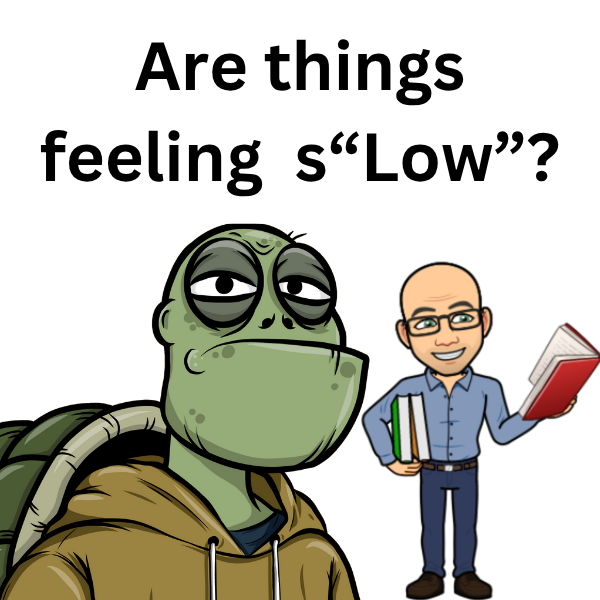

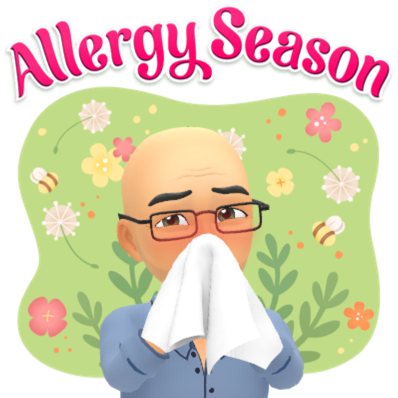
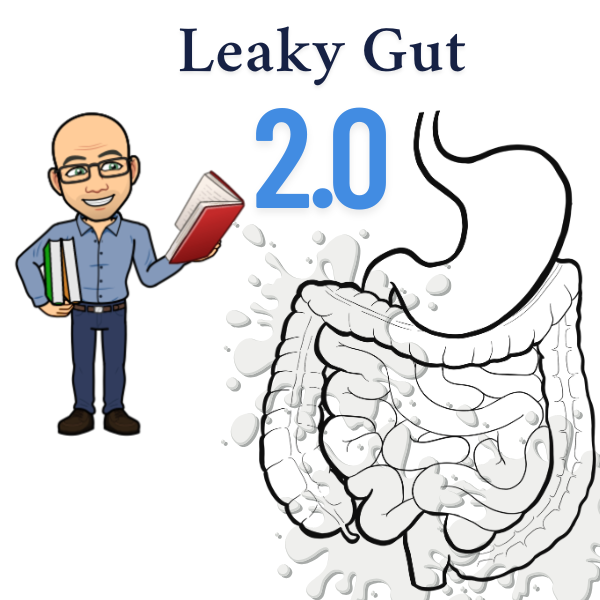
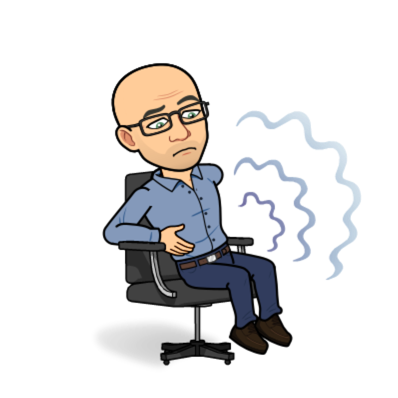
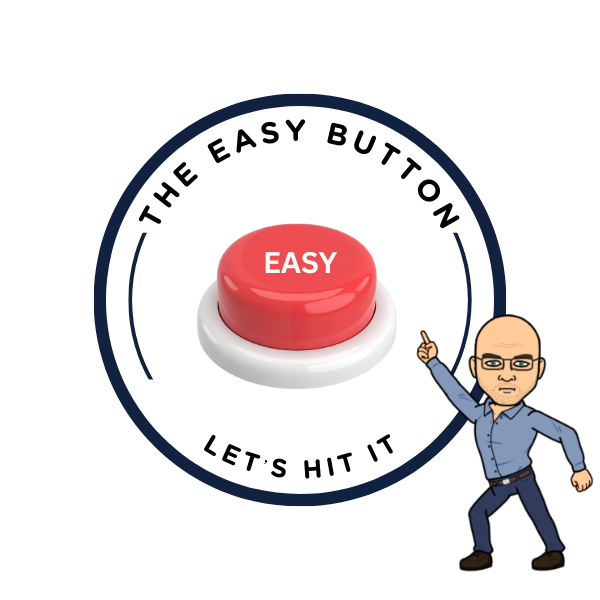


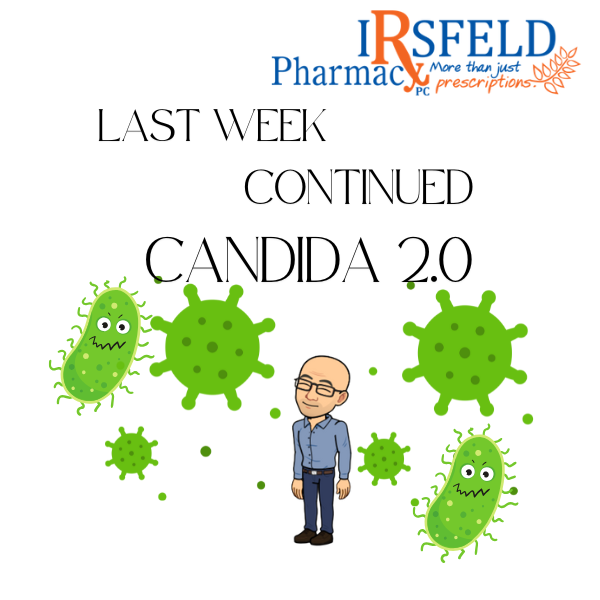
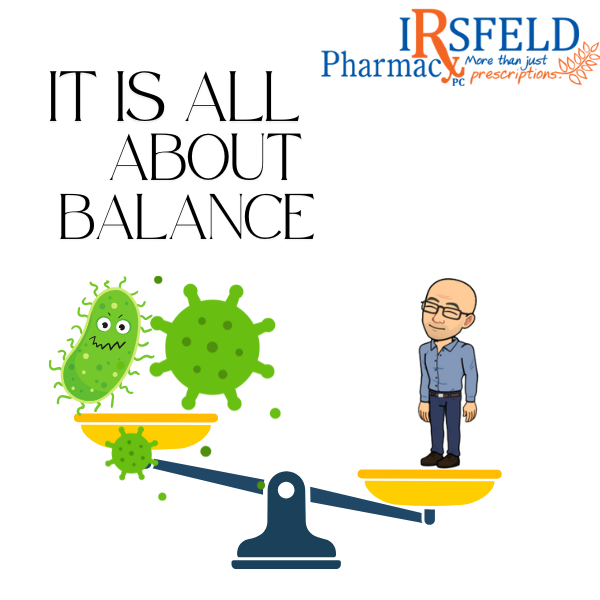
Share On: